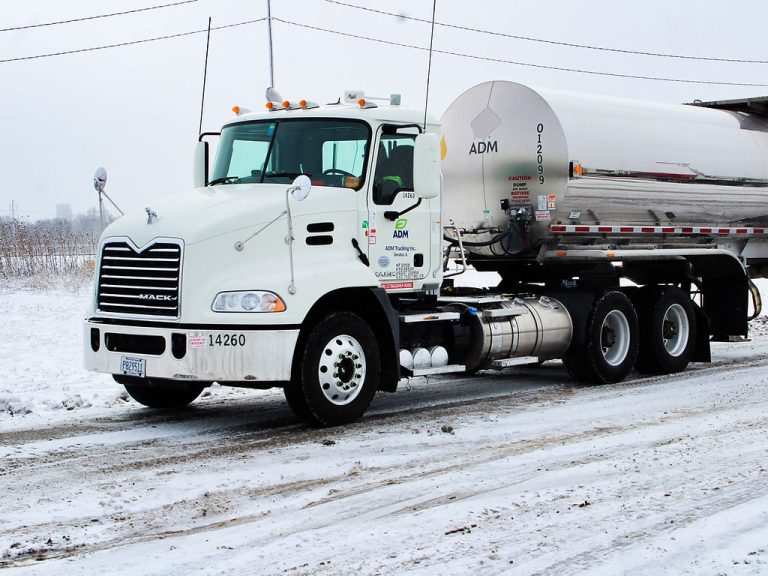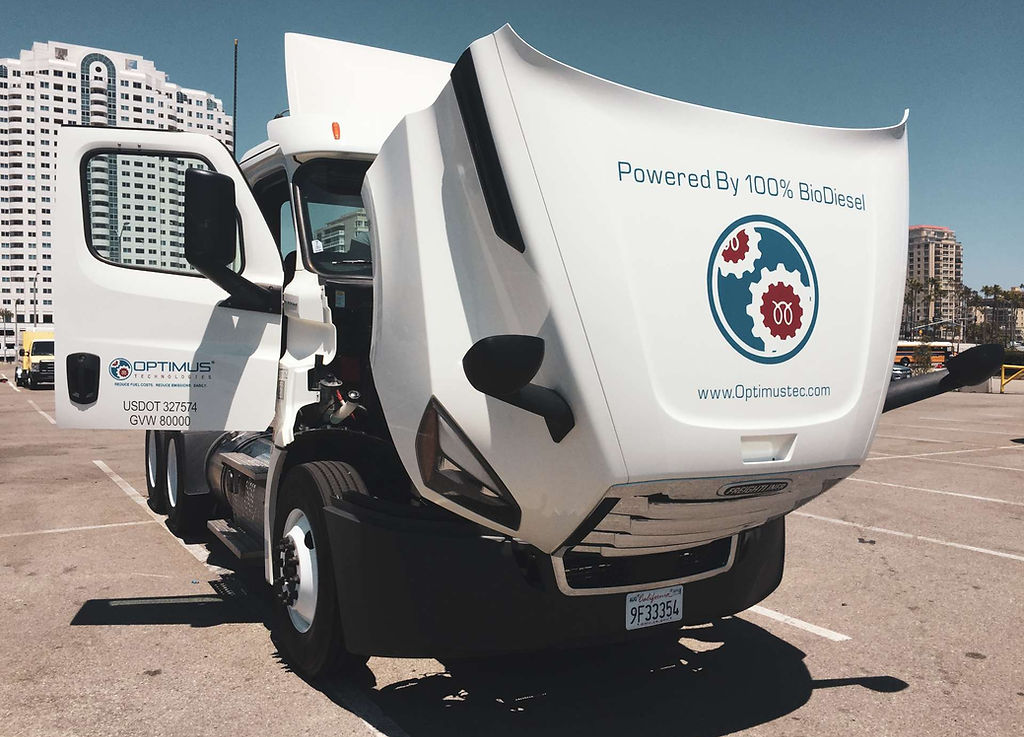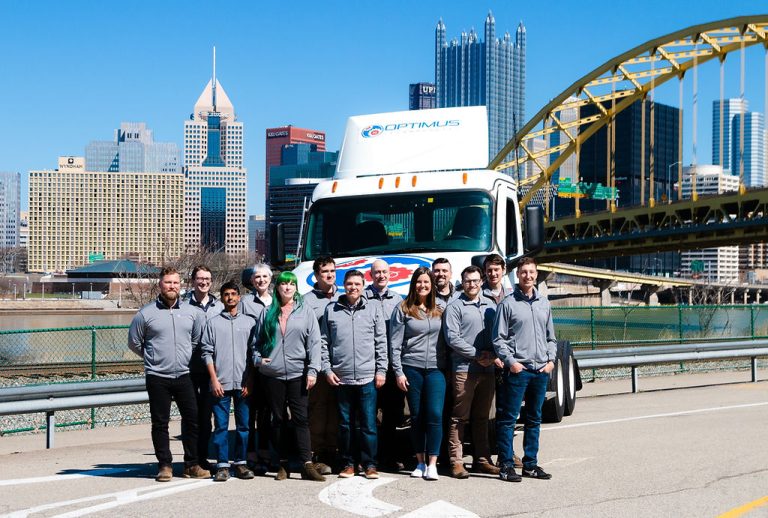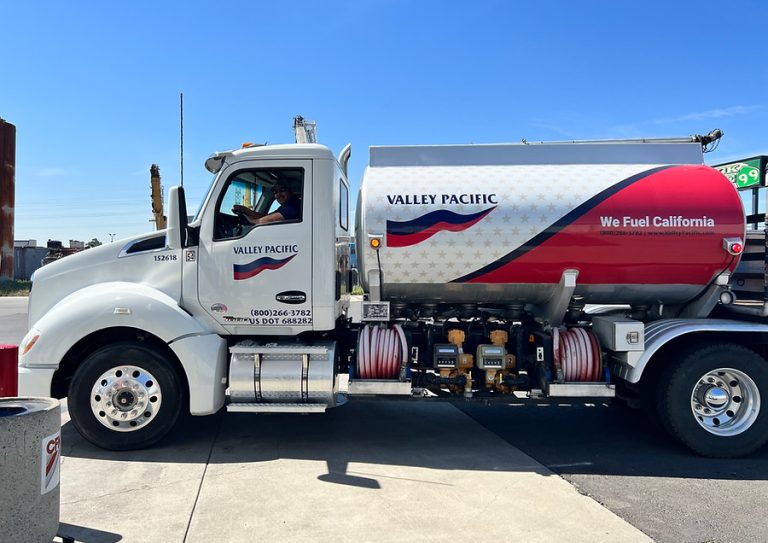Chicago Area Children Now Have a Cleaner & Healthier Ride to School

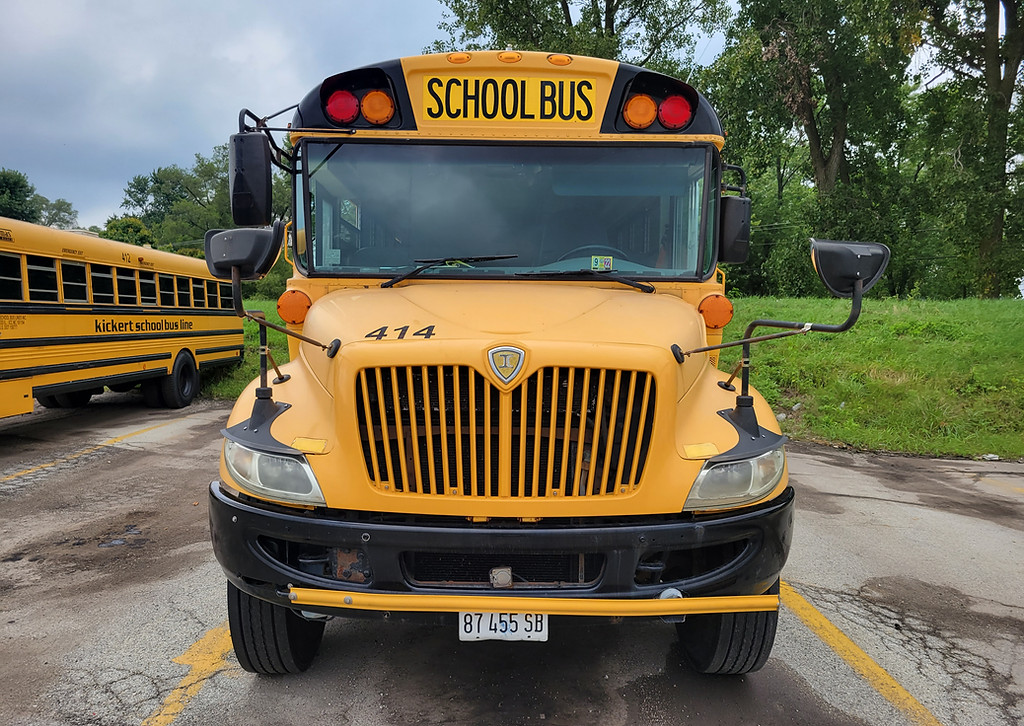
The use of 100% biodiesel in school buses lowers carbon emissions and respiratory issues
COOK, IL – Cook-Illinois Corporation, which operates one of the largest family-owned and operated school bus fleets, has transitioned a portion of its Illinois-based fleet to run on 100% biodiesel (B100). B100 is a cleaner burning, low-carbon fuel that drastically reduces vehicles’ planet-warming greenhouse gas emissions and particulate air pollutants. It lowers carbon emissions, contributes to cleaner air, and reduces reliance on foreign fuel by utilizing biodiesel made from domestically produced sources.
This biodiesel-powered school bus fleet is a partnership with Cook-Illinois Corporation, the American Lung Association (ALA), the Illinois Soybean Association, Chevron Renewable Energy Group, and Optimus Technologies. Optimus Technologies is a Pittsburgh-based clean energy startup and manufacturer of the Vector System, an advanced fuel system technology that can upgrade any medium- or heavy-duty diesel engine and allow it to run on B100.
As schools around the country are back in motion, the discussion around sustainable transportation becomes even more important. Biodiesel, traditionally made from waste fats and oils, is a clean burning fuel that is safer for the environment, and safer for kids. Cook-Illinois Corporation has been a leader in adopting alternative fuel and energy options for its vehicles. They were the first bus service company in the area to adopt biodiesel blended with petroleum diesel, and one of the first nationally to do so as well.
Biodiesel reduces hydrocarbons in exhaust fumes by more than 30%1 and decreases carbon dioxide emissions by over 90%2. It also decreases particulate matter by more than 50%3. Children exposed to the fumes and chemicals of petroleum diesel on a regular basis have a higher chance of developing negative respiratory conditions like asthma. According to a study conducted by Trinity Consultants4, switching to 100% biodiesel provides a 45% reduction in cancer risk when used in heavy-duty vehicles, and can save nearly three billion dollars on health and medical costs annually. School buses exclusively operate in residential areas impacting families and children, using safer and healthier fuels makes a huge difference in these communities.
“Using B100 as a replacement for petroleum diesel is an easy way to reduce tailpipe and lifecycle emissions in diesel vehicles. We are excited to partner with Cook-Illinois and Optimus to bring cleaner fuels and technologies to the Chicago area. This project highlights the growing opportunity to implement B100 in existing diesel vehicles to combat climate change and improve air quality,” says Bailey Arnold, Director of Clean Air Initiatives for the American Lung Association and Lead of the B20 Club of Illinois. “This is especially important in under-resourced communities that are often disproportionately affected by transportation emissions and climate-related disasters.”
“Cook-Illinois has been an exciting project for Optimus to work on, this is our first time installing the Vector System on school buses. Bringing cleaner air that benefits the community and the environment is part of Optimus’ core mission. Reducing emissions for school buses that primarily run in neighborhoods with children and families is paramount to improving the health and safety of these communities,” says Colin Huwyler, CEO of Optimus Technologies.
Helping to further save costs, biodiesel extends the life of engines. The higher cetane in biodiesel leads to a shorter ignition time and better combustion than petroleum diesel. Its increased lubricity reduces friction on engine parts and its lower soot generation fills the diesel particulate filter much slower, and can therefore lead to less frequent regeneration than ultra-low sulfur diesel. This means the buses last longer and don’t need to be replaced as often. The Vector System can also be retrofitted into existing vehicles, helping schools to avoid costly upgrades, or needing to buy new fleets to meet sustainability initiatives.
“We have used biodiesel in our school buses for almost fifteen years. We were one of the first companies in the US to use almost exclusively, B11 (11% blend of biodiesel), B20 (20% blend of biodiesel), and now power some of our buses with B100. Cook-Illinois maximizes all of the benefits of biodiesel for the children we transport and our environment. We could not be happier with the convenience and confidence we have with biodiesel” says John Benish, President and COO of Cook-Illinois Corporation. Benish serves as a Bio Ambassador, an outreach program of the United Soybean Board.
Using fuels that are healthier for people also creates a healthier environment. With around 440,000 school buses transporting more than 25 million children across the U.S., these heavy-duty vehicles make a significant impact on the planet. Using locally sourced biodiesel has a lower carbon and emissions footprint than its petroleum counterpart. School districts can also reap the benefits of lower costs when using local fuels and accessing tax breaks, emission reduction funding, and other government incentives for sustainability.
- “Emissions Calculator.” Default, https://www.biodiesel.org/support-pages/emissions-calculator.
- “California Air Resources Board.” LCFS Pathway Certified Carbon Intensities | California Air Resources Board, California Air Resources Board, https://ww2.arb.ca.gov/resources/documents/lcfs-pathway-certified-carbon-intensities.
- California EPA “Multimedia Evaluation of Biodiesel” Multimedia Working Group, May 2015.
- Adkins, Jeffrey. Trinity Consultants, Sacramento, CA, 2022, pp.1-241, Assessment of Health Benefits from Using Biodiesel as a Transportation Fuel and Residential Heating Oil.
###
About Cook-Illinois Corporation
For more than 50 years, schools and parents have trusted Cook-Illinois Corporation with the most precious cargo. Nothing is more important to us than getting students to school safely and on time. In 1958, when we were just a small company with a handful of buses, we made the commitment to put safety and dependability in the driver’s seat, every day and on every route.
Today, our fleet has grown and we are now the largest family owned and operated school bus contractor in the United States – and the sixth largest among all school bus companies nationwide. While we have expanded our service over the years, we have not forgotten what a privilege and great responsibility it is to transport children.
Learn more at cookillinois.com
About Optimus Technologies
Optimus Technologies is a clean energy technology company based in Pittsburgh, Pennsylvania. Optimus manufactures the Vector System, an advanced fuel system technology that enables diesel engines to operate on 100% biodiesel. The Vector System is designed for medium- and heavy-duty fleet applications where emissions reductions are challenging or impossible to achieve in a cost-effective manner through other means.
The Vector System integrates into existing operations to facilitate a seamless transition to low-carbon fuels. Optimus’ Vector System is in use with leading municipal and private fleets throughout the country such as DC Public Works and ADM. Use of the Vector System has enabled these fleets to achieve near-zero carbon emissions, while also reducing their fuel and fleet operating costs.
Learn more at optimustec.com
About the American Lung Association
The American Lung Association is the leading organization working to save lives by improving lung health and preventing lung disease through education, advocacy, and research. The Association’s Department of Clean Air Initiatives is dedicated to providing clean air for all through its award-winning Clean Air Choice Program®, which promotes and implements alternative fuels and technologies.
Learn more at cleanairchoice.org


